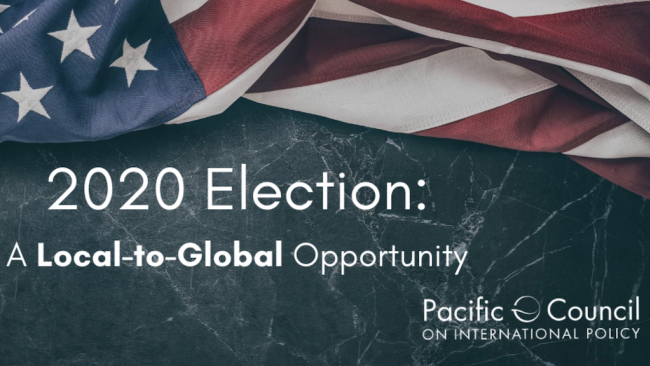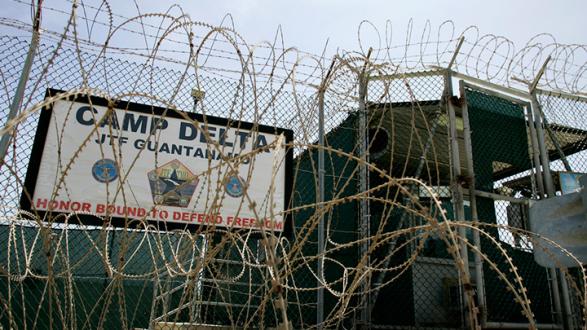Law + Justice
International law binds states and nations to a common set of rules in order to promote common interests, facilitate cooperation, and protect sovereignty.
Meanwhile, governance across the globe takes many forms, from democracy to authoritarianism, and can sometimes challenge the philosophies of international institutions such as the International Criminal Court and the United Nations. How do varied levels of commitment to the rule of law and to democratic norms affect international conflict, human rights, and economic prosperity?
News & Commentary
September 17, 2020
May 19, 2020


















